11 Common Mistakes to Avoid When Collecting Classic Cars
Collecting classic cars can be an exciting and rewarding hobby, but it also comes with its challenges. Avoiding common pitfalls is crucial to making smart decisions and ensuring the longevity of your investment. Whether you’re new to collecting or a seasoned enthusiast, being aware of key mistakes can save you time, money, and frustration. Learn how to navigate the classic car market with confidence and make your collection a true success.
This post may contain affiliate links, which helps keep this content free. Please read our disclosure for more info.
Overlooking Thorough Research
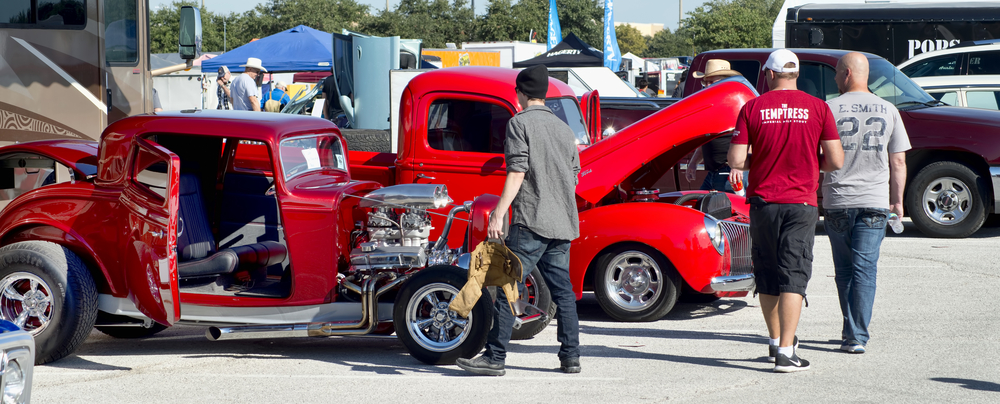
When collecting classic cars, skipping proper research can lead to costly mistakes. It is essential to understand the model’s history, the market demand, and its unique characteristics. Many collectors get excited about purchasing a car without delving into its provenance, which could include finding out about past accidents or its restoration history. Doing research also helps you understand the rarity and authenticity of a car, ensuring that you do not overpay for a vehicle that is not as valuable as it seems.
Additionally, a lack of research can mean missing out on potential problems specific to certain makes and models. Some classic cars may have design flaws or engineering issues that can be costly to repair. Always gather information about previous ownership, verify originality, and check if there are any outstanding recalls or known issues.
Not Getting a Professional Inspection
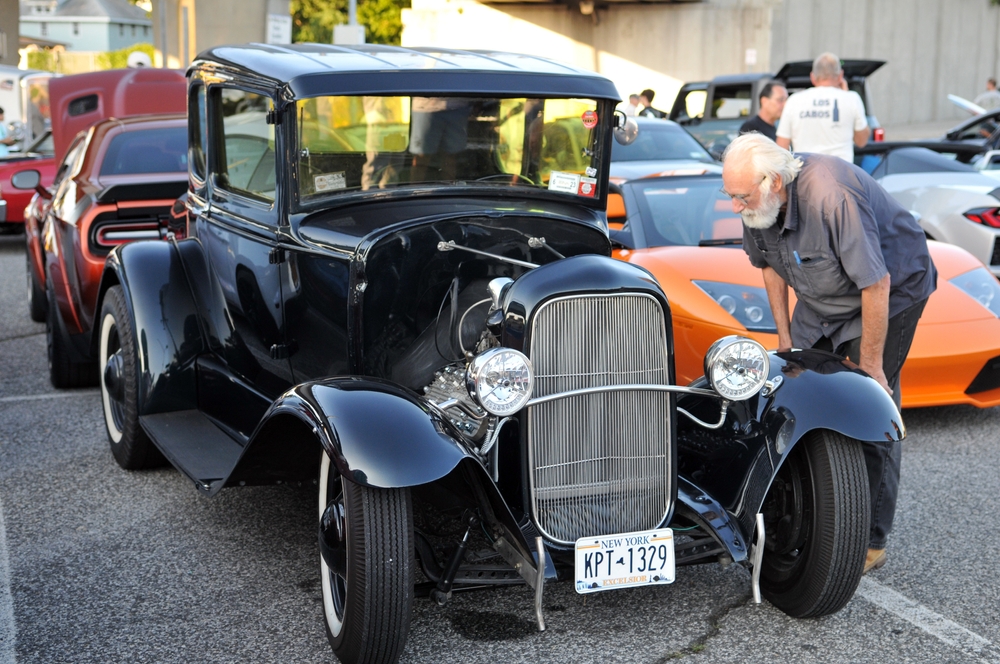
One of the most significant mistakes classic car collectors make is failing to get a professional inspection before purchasing a car. It might seem like an extra expense, but having a qualified mechanic or appraiser examine the car can save you from making a bad investment. A professional inspection helps identify hidden rust, engine problems, or structural issues that might not be immediately visible to an untrained eye.
Ignoring this step can result in unforeseen repair costs that can quickly exceed the car’s value. Classic cars are often sold with claims about their condition, but without an expert’s evaluation, you cannot be certain of the car’s true state. An inspection provides peace of mind and allows you to negotiate a better price based on any issues found.
Neglecting to Account for Long-Term Costs
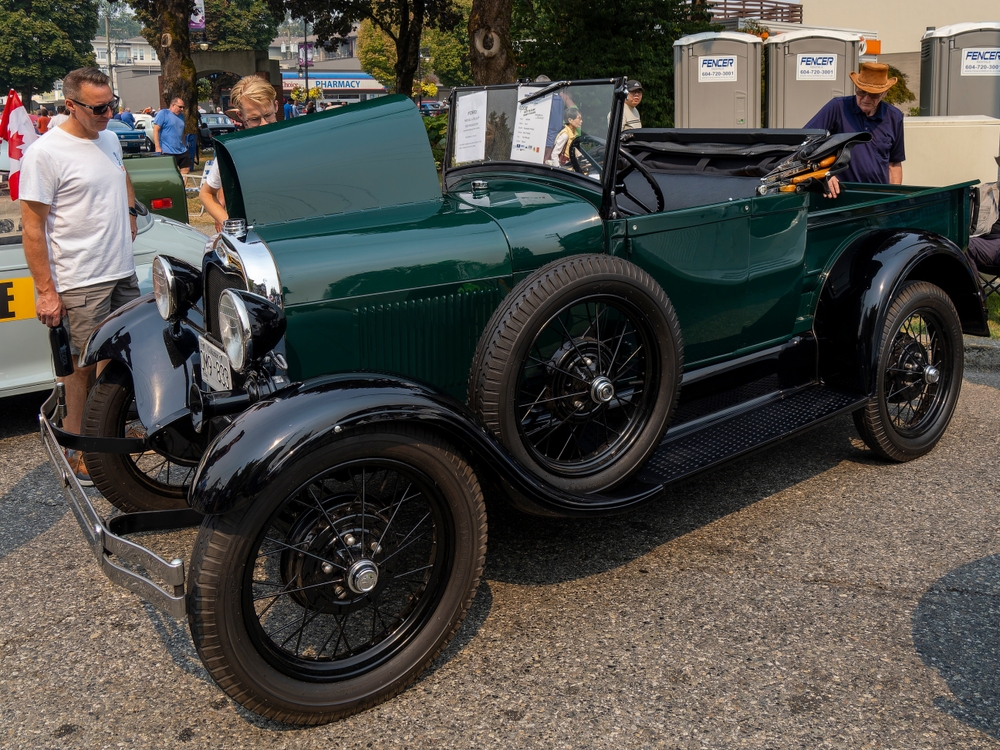
Collecting classic cars is a long-term commitment, and many collectors fail to consider the ongoing costs. Aside from the initial purchase price, classic cars come with long-term maintenance expenses. Older vehicles require special care to keep them running smoothly, from engine tune-ups to sourcing rare parts, all of which can be costly.
Insurance for classic cars is another often overlooked cost. These vehicles tend to have higher premiums due to their value, age, and the specialized coverage required. Additionally, storing a classic car properly, whether in a climate-controlled garage or with a secure storage facility, can add to the overall expense. Understanding the total cost of ownership is vital for avoiding financial strain in the future.
Ignoring the Importance of Original Parts
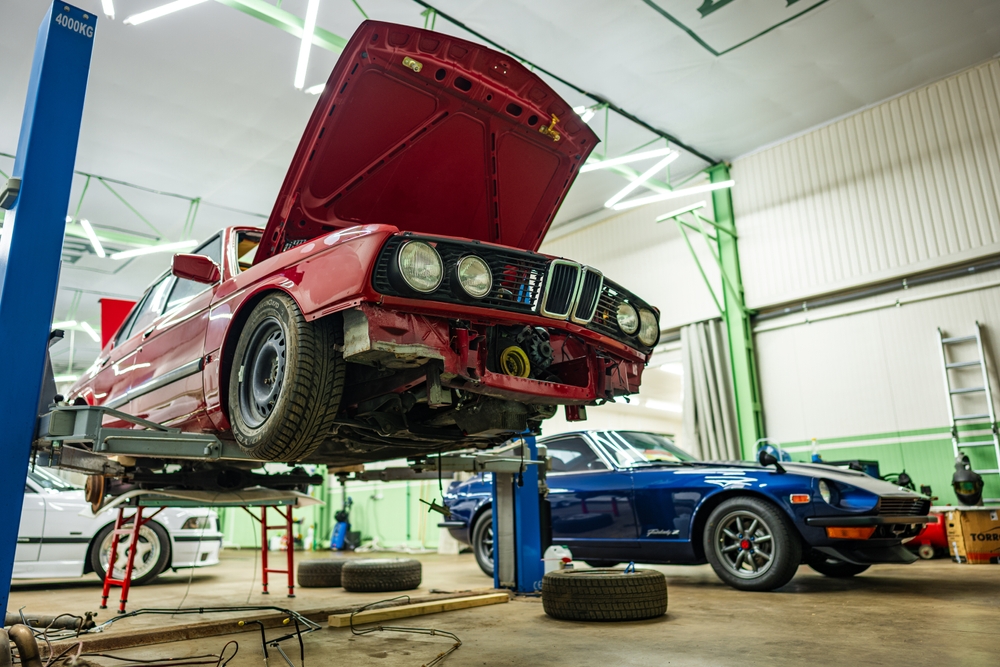
When restoring or maintaining a classic car, using non-original parts can significantly reduce its value. Collectors who modify their cars with aftermarket components might unintentionally lower the car’s authenticity and decrease its market value. The value of a classic car is often tied to its originality, so keeping original parts intact or restoring the car using period-correct components is essential to maintain its worth.
Even when original parts are difficult to find or expensive, collectors should prioritize their preservation. The car’s value can increase when it’s kept as original as possible, as purists tend to appreciate these vehicles more. Restoring a car with modern parts might seem like a shortcut, but it often leads to regrettable consequences down the line.
Not Understanding the Market Trends
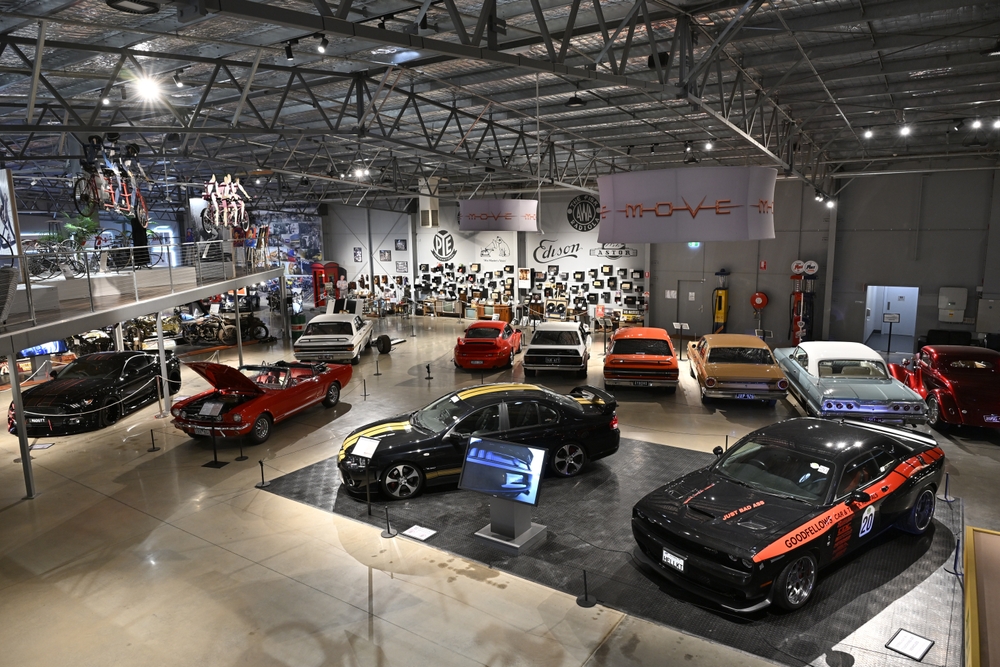
Classic car collecting is an investment, and like any investment, market trends play a crucial role. Many collectors make the mistake of not staying updated with the changing trends in the classic car market. A car that is in high demand today may not hold its value tomorrow, and understanding shifts in the market helps you make informed purchasing decisions.
Familiarity with which brands, models, and years are rising in popularity can prevent you from investing in a car that will lose value over time. As trends change, some models become more desirable, while others fade into obscurity. Staying connected to auction results, classic car shows, and online communities can provide valuable insights into market movements.
Buying Without Considering Storage Needs
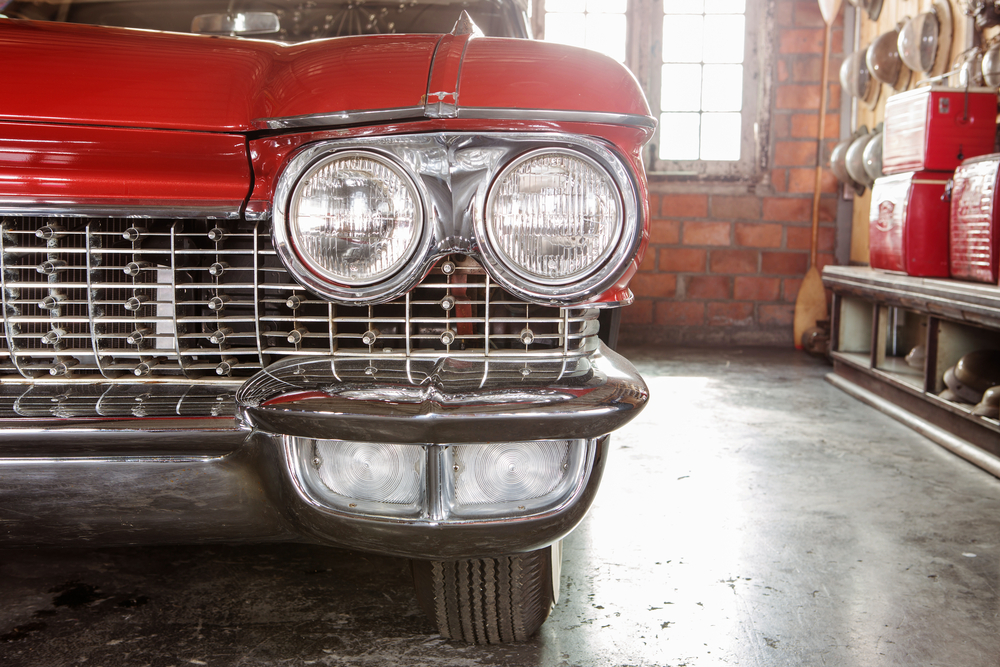
Another mistake classic car collectors often make is purchasing a vehicle without considering where they will store it. Classic cars require careful storage to prevent deterioration over time. Exposure to the elements, including rain, sun, and extreme temperatures, can cause significant damage to the car’s body, interior, and engine.
Proper storage conditions are necessary to preserve the car’s value. This might involve investing in a climate-controlled garage or a secure facility that keeps the vehicle safe from environmental damage. Failing to plan for appropriate storage can quickly diminish the car’s condition and its worth.
Disregarding the Importance of Documentation
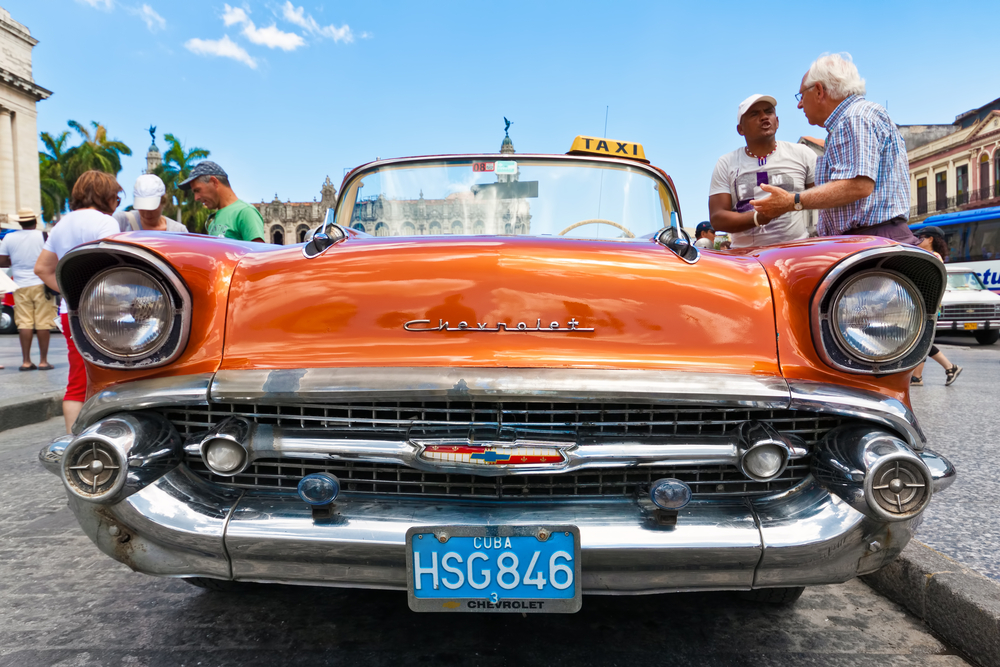
Classic car collectors often overlook the importance of maintaining proper documentation. A car’s title, service records, and proof of authenticity can greatly affect its value. Without proper documentation, it becomes more challenging to prove the vehicle’s history, which can turn potential buyers away.
Documentation serves as a record of the car’s original condition, previous restorations, and any modifications made over the years. Having a complete and verifiable history increases buyer confidence and can significantly raise the car’s resale value in the future. Always ensure that you keep track of all relevant paperwork related to the car’s purchase and maintenance.
Rushing into a Purchase
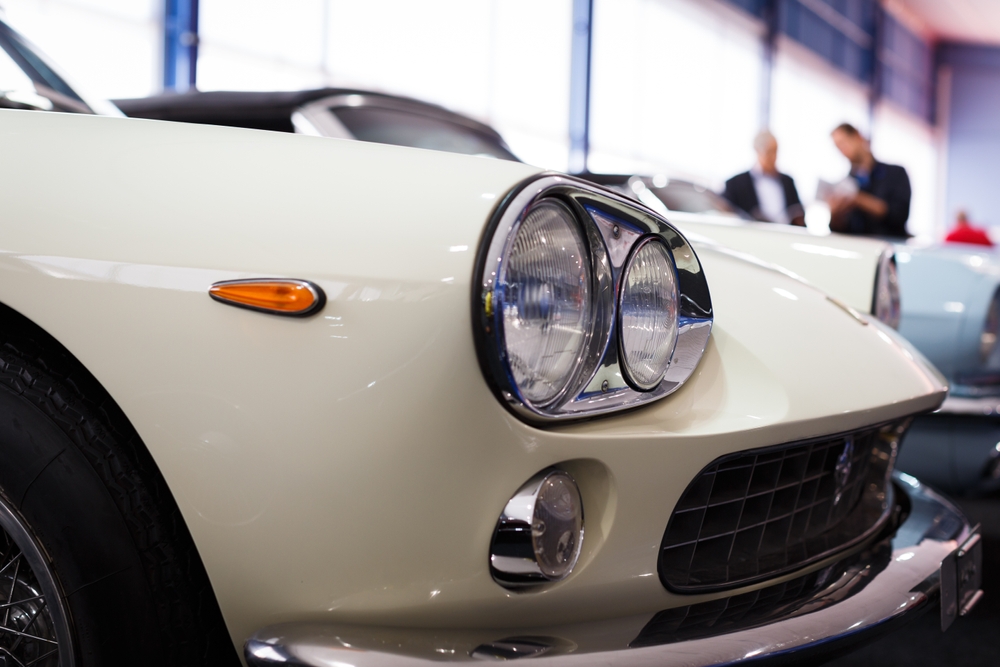
The excitement of purchasing a classic car can sometimes cloud judgment, leading to rushed decisions. Many collectors make the mistake of rushing into a purchase before they are fully ready. Taking your time to thoroughly inspect and research the car, as well as evaluate its market potential, is key to making a good investment.
By rushing, you may miss red flags such as undisclosed issues or overpriced vehicles. Patience allows you to make a more informed decision and find a car that fits your collection goals, rather than settling for a less-than-ideal option. Take the time to consider all factors before finalizing any purchase.
Focusing Too Much on Aesthetics
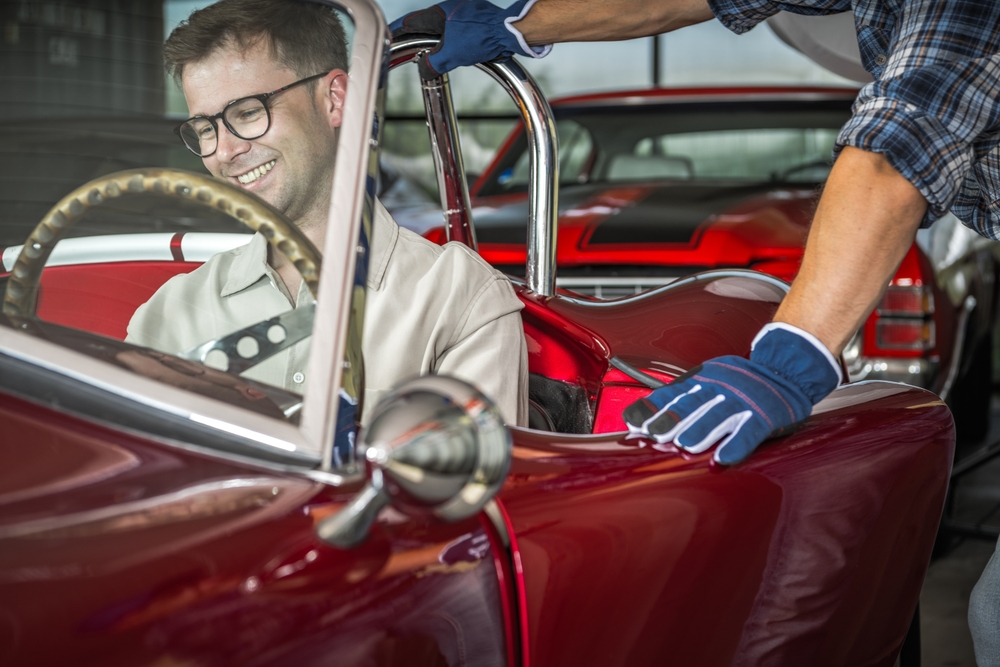
While the appearance of a classic car is important, focusing too much on aesthetics can cause you to overlook other crucial factors. Many collectors are drawn to cars based on their looks alone, neglecting to check for mechanical issues or structural damage. A car with beautiful exterior paint and pristine interiors may still have hidden mechanical issues that can be costly to repair.
Aesthetics should be balanced with mechanical integrity. It is essential to verify the car’s functionality, engine performance, and overall condition before prioritizing its appearance. After all, a well-functioning car is far more valuable in the long run than one that looks great but does not run properly.
Overlooking Storage and Handling Costs
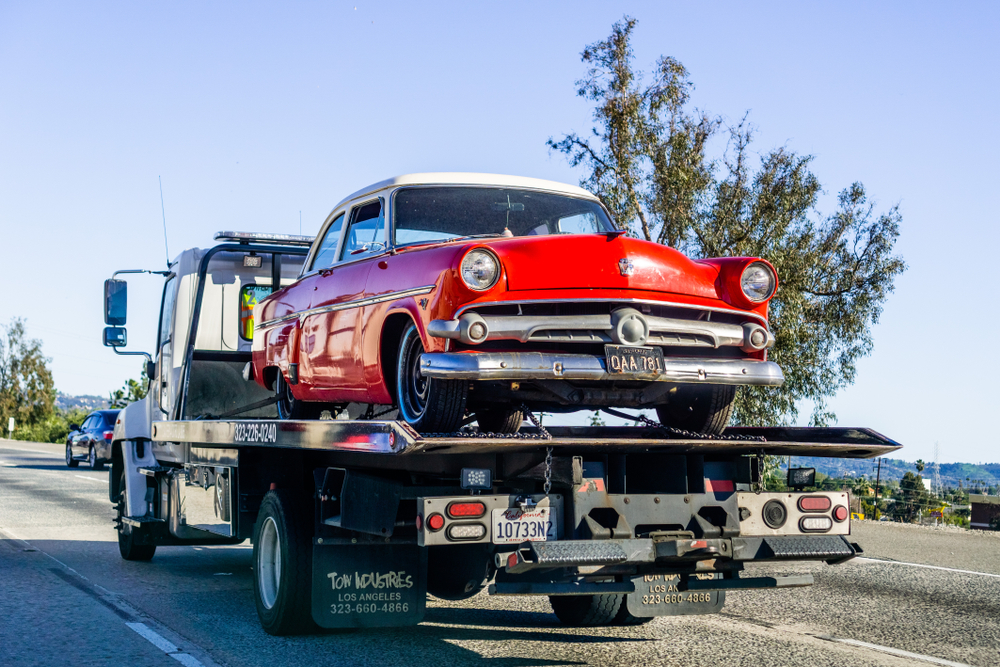
Along with ongoing maintenance costs, classic cars often come with special handling needs that collectors fail to factor in. These vehicles require unique care when being transported or moved. Whether moving the car for shows, restorations, or simply storage, the costs associated with proper handling can add up quickly.
For example, many classic cars require enclosed trailers or professional movers to ensure they are not damaged during transit. Using an open trailer or hiring inexperienced help can result in scratches, dents, or more serious damage. Be sure to budget for these potential expenses when purchasing a classic car.
Underestimating the Need for Specialized Insurance

Classic cars often require specialized insurance policies due to their age, rarity, and value. Many collectors make the mistake of assuming regular car insurance will suffice, which can leave their vehicles underinsured. Classic car insurance is tailored to cover the unique risks associated with these vehicles, such as market value fluctuations and specific repair needs.
When purchasing insurance for a classic car, it is crucial to work with a provider who understands the specific needs of collectors. Failing to secure the right policy can result in costly gaps in coverage, leaving the vehicle unprotected in case of damage or theft.
This article originally appeared on Avocadu.
